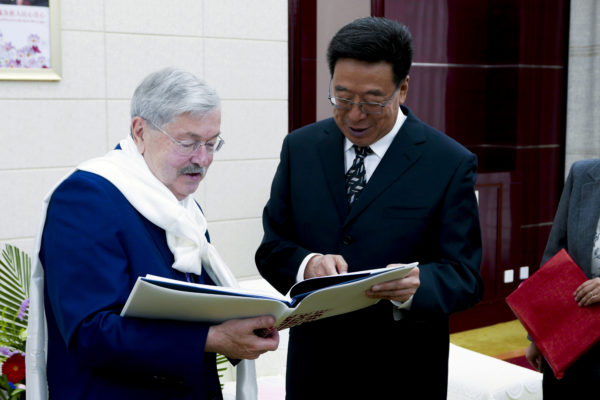Tibetet Segítő Társaság Sambhala Tibet Központ
Tibet Support Association Sambhala Tibet Center
székhely / telephely H-Budapest I. Attila út 123..
(00-36) 70 431 9343 (00-36)70 944 0260 (06-1)782 7721
sambhala@tibet.hu www.tibet.hu tibetpress.info
Facebook/Sambhala Tibet Központ Facebook/Tibett Segítő Társaság
MagnetBank/ 16200010-00110240
IBAN/HU94 16200010 00110240 00000000 SWIFT/HBWEHUHB
(1%) adószám/ 18061347-1-41
nyitva tartás/hétköznap 12.00-20.00 hétvégén előadás függő
» Retro» Tibeti művészet» Interjú» Levelek» Tibet Press» Tibet Press English» Dharma Press» Human Rights» Világ» Kína» Magyar» Ujgur» Belső-Mongólia » KőrösiCsoma» Élettér» Határozatok» Nyilatkozatok» tibeti művészet» lapszemle.hu» thetibetpost.com» eastinfo.hu» rangzen.net» ChoegyalTenzin» tibet.net» phayul.com» DalaiLama.com» vilaghelyzete.blogspot.com» Videók» Linkek» TibetiHírek» Szerkesztőség
ICT nyilatkozat: Az amerikai külügyminiszter nyilatkozata arról hogy Tibettel kapcsolatban konkrét cselekedetekre van szükség
2019. május 28./ICT/TibetPress
Jelenleg csak angolul olvasható. Magyarul később.
eredeti cikk
The just-concluded visit to Tibet by US Ambassador to China Terry Branstad is significant because it reaffirmed the United States’ three fundamental positions on Tibet: dialogue to resolve the conflict, religious freedom for the Tibetan people and access to Tibet.
According to a statement released by the US Embassy in China on May 25, Branstad “encouraged the Chinese government to engage in substantive dialogue with the Dalai Lama or his representatives, without preconditions, to seek a settlement that resolves differences.”
Further, he “expressed concerns regarding the Chinese government’s interference in Tibetan Buddhists’ freedom to organize and practice their religion.”
Thirdly, the statement said Branstad “raised our long-standing concerns about lack of consistent access to the Tibetan Autonomous Region.”
On May 20, the Chinese Foreign Ministry spokesman hoped that “Branstad will visit Tibet with an objective attitude and the respect to facts and make his own unbiased observation.”
While the US embassy statement did not say what freedom the ambassador had in selecting places to visit or people to meet, Radio Free Asia’s Tibetan service reported on May 25 that ordinary Tibetans were not aware of Branstad’s trip and said Chinese authorities had kept the visit secret. This indicates the ambassador did not have an opportunity to “make his own unbiased observation.”
Nevertheless, it is interesting that on May 28, a Chinese Foreign Ministry spokesman pushed the narrative that Branstad “made positive comments on Tibet’s economic and social development.” The spokesman further “stressed our opposition to any foreign interference in China’s internal affairs and the affairs of the Tibet Autonomous Region,” which the media interpreted as a rejection of the call for dialogue.
The International Campaign for Tibet commends Amb. Branstad for reiterating the US’ fundamental positions on Tibet. The ambassador’s statement should now be followed by proactive and concrete initiatives from the Trump Administration to encourage a dialogue to resolve the issue of Tibet, as well as by the full implementation of the Reciprocal Access to Tibet Act and the Tibetan Policy Act, including the appointment of a US Special Coordinator for Tibetan Issues.
For its part, the Chinese government must allow foreign diplomats, journalists and ordinary citizens to have unfettered access to Tibet—just as their Chinese counterparts have to the US—so they can independently verify the human rights situation there and hear the voices of the Tibetan people.
China must also immediately cease its interference in Tibetan Buddhism, which violates the universal right to religious freedom.
Finally, Beijing should realize that, after 60 years of brutal oppression, its policies in Tibet have failed to earn the respect and trust of the Tibetan people and that the only way to achieve progress would be for China to negotiate directly with the Dalai Lama’s representatives.
